One of my favorite movie quotes in recent memory is from Disney’s live action Cinderella — “Have courage, and be kind.” I find that it applies to pretty much every situation you can think of in life. It inspires me so much I even hung it over my son’s bed (and plan to do the same with boy number two).
It turns out that it’s not just a nice sentiment, though — there are actual scientific reasons that you should try your best to be kind to others every single day. Take a look!
#7. It decreases pain.

Image Credit: Pixabay
Volunteering and helping others produces endorphins which are body’s natural painkillers. People who regularly participate in altruistic activities are less likely to experience aches and pains.
#6. It adds years to your life.

Image Credit: Pixabay
More than one study have shown that people who help others, particularly from a place of selflessness, live longer than those who don’t. Christine Carter, a sociologist at US Berkeley’s Greater Good Science Center, writes that people over 55 who volunteer are 44% less likely to die early. Researchers believe that positive emotions generated from giving back help to fight the negative effects of stress.
#5. It increases happiness.
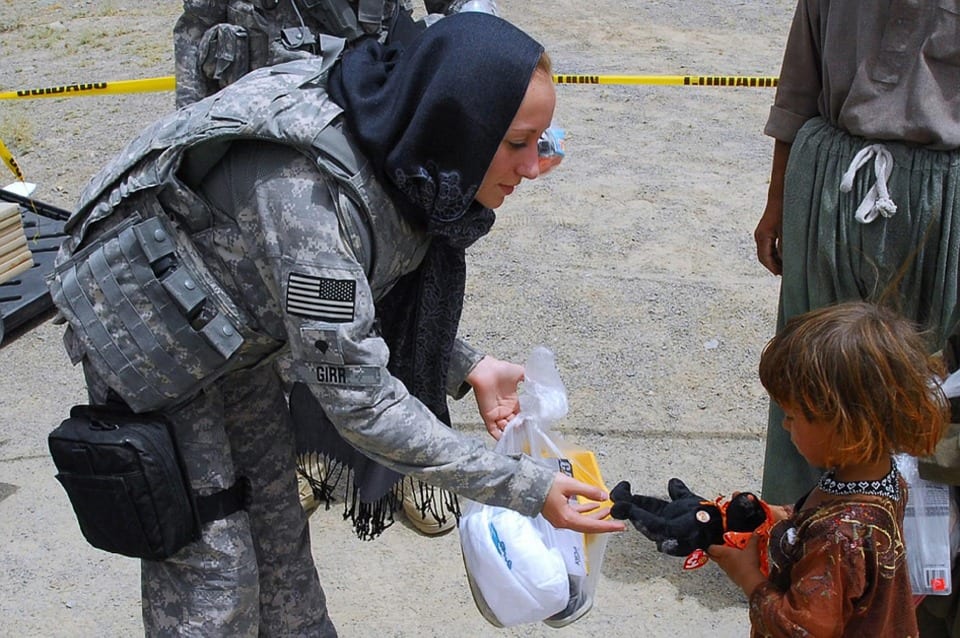
Image Credit: Pixabay
A Harvard Business School study that surveyed happiness in 136 countries found that people who are altruistic experience a psychological bliss similar to a drug high. Yay, dopamine!
#4. It leads to a healthier heart.
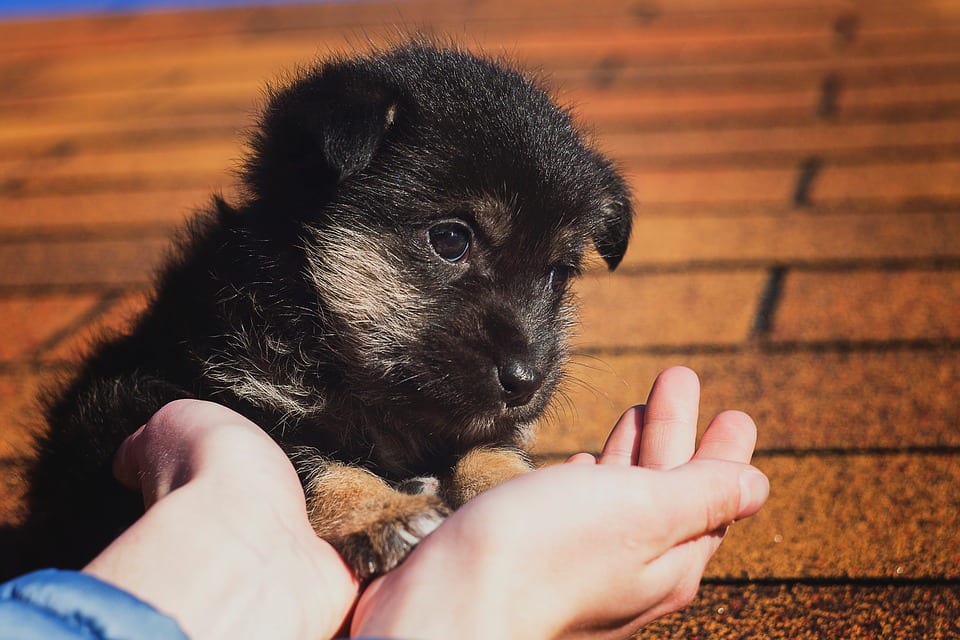
Image Credit: Pixabay
Expressing love and engaging in physical contact releases a hormone called oxytocin that stimulates feelings of happiness, trust, empathy, and generosity. The hormone is released through blood vessels and plays a powerful part in lowering blood pressure and reducing free radicals, which in turn eases vascular inflammation.
#3. It gives you energy.
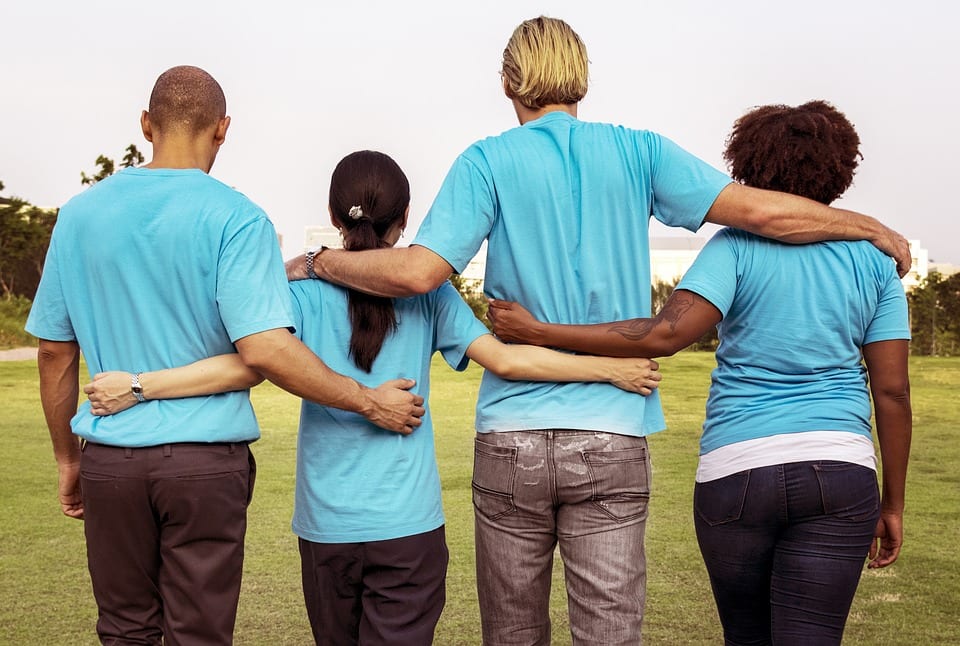
Image Credit: Pixabay
Kindness reduces feelings of depression, which can cause overwhelming fatigue, so it’s not surprising that it raises energy levels in the process. Studies have shown that participants felt stronger, calmer, and more energetic after even small acts of kindness.
#2. It eases anxiety and depression.
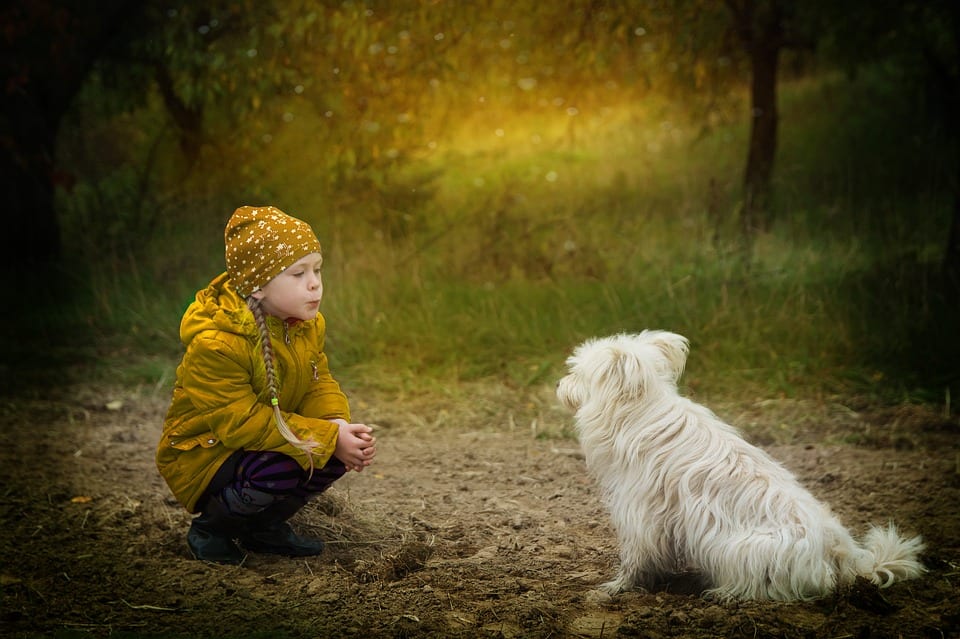
Image Credit: Pixabay
A 2015 study followed people with severe anxiety who were asked to perform at least 6 acts of kindness a week, and all of them saw an increase in positive moods and relationship satisfaction in that time. Kindness releases dopamine and serotonin, both of which result in a stronger sense of well-being and self-worth.
#1. It’s contagious.
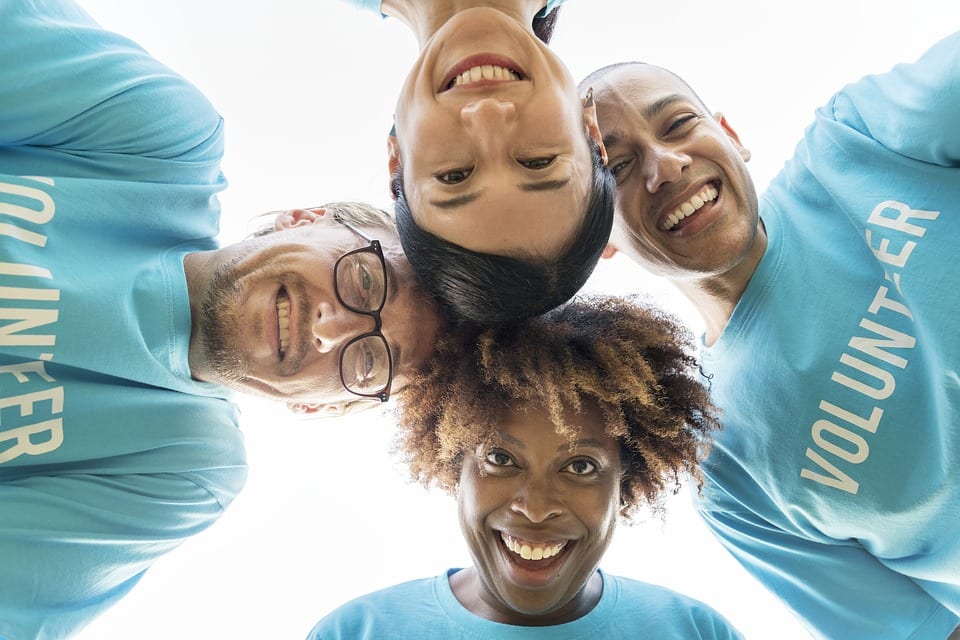
Image Credit: Pixabay
Research has found the everyone involved in acts of kindness, even passive witnesses, experience benefits. Not only that, but they often inspire others to pay it forward as well.
So get out there and spread a little kindness, people!






